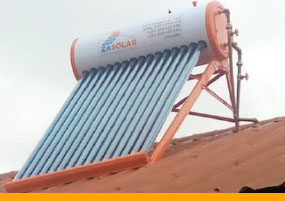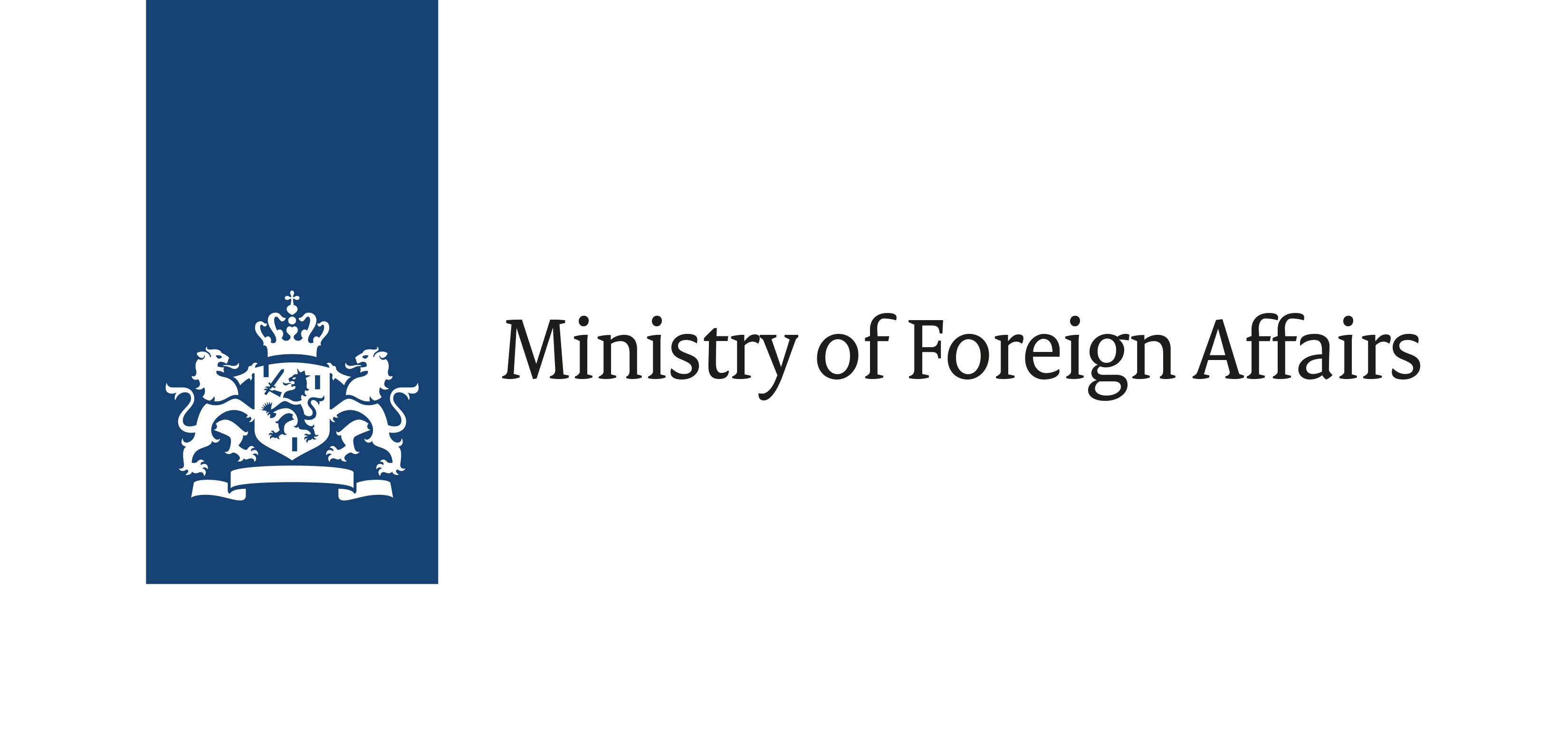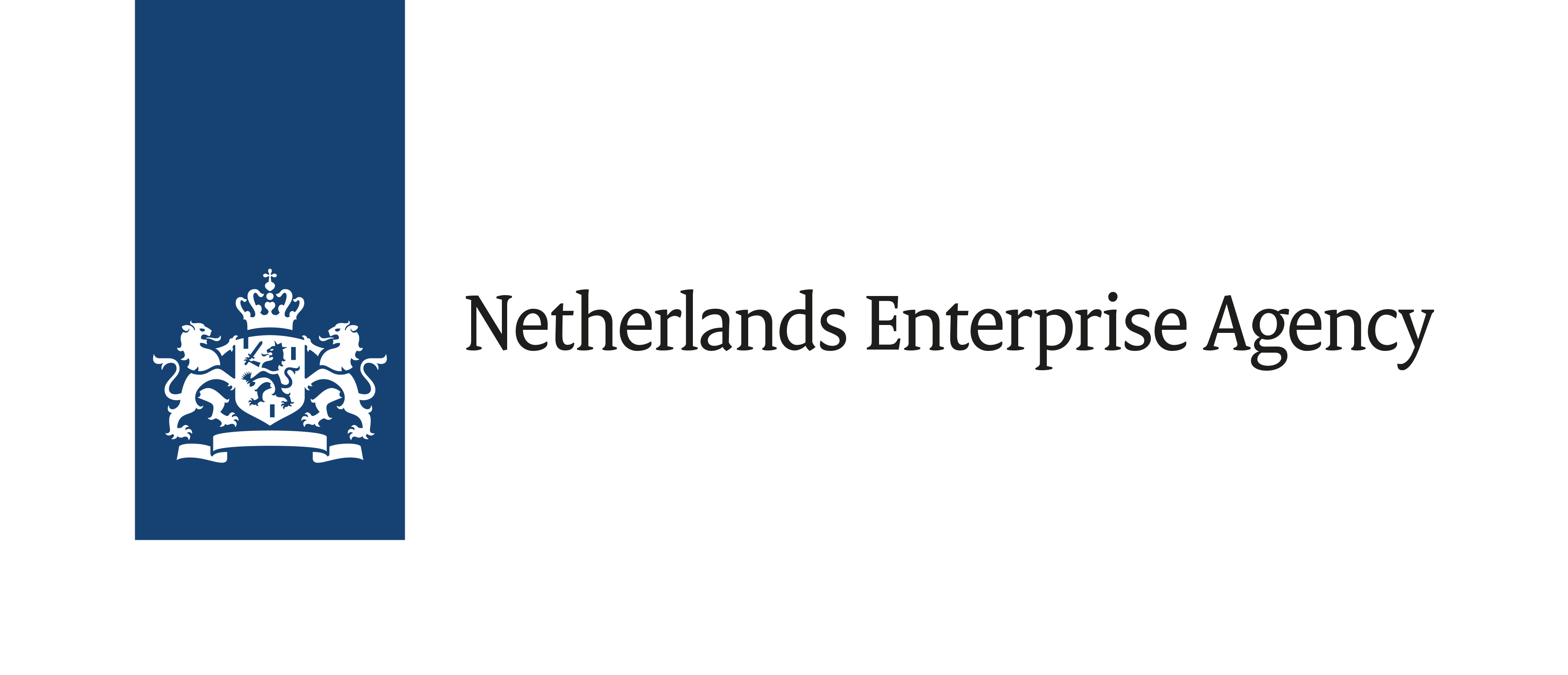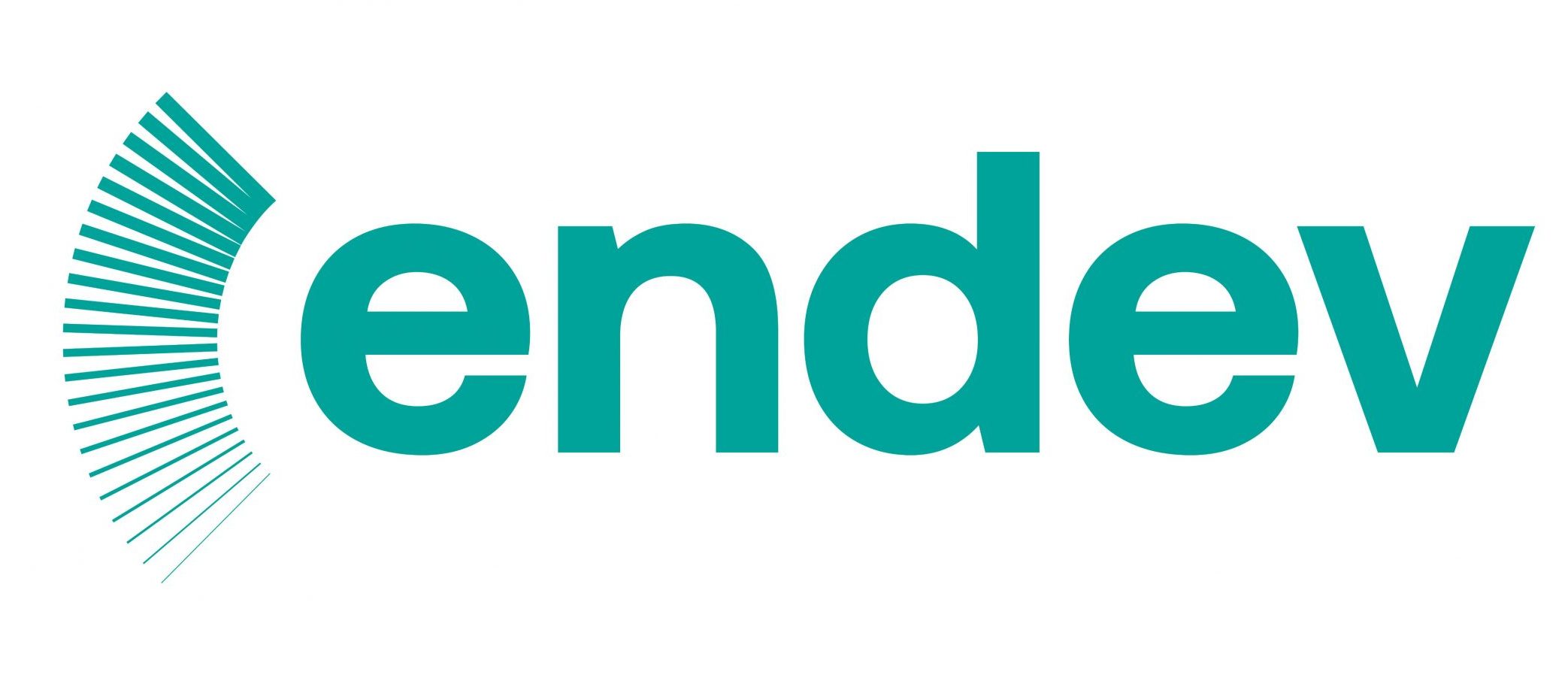
Malawi faces a severe energy crisis, with approximately 85% of its population (over 20 million people) living without access to electricity. Only 3% of households use clean fuels for cooking, relying instead on fuelwood and charcoal for their daily needs. This dependency, combined with a growing population, particularly in the southern region, is accelerating deforestation and forest degradation, threatening livelihoods and the environment alike.
Energy poverty in Malawi hinders access to basic services and deepens economic and social inequality. For example, many people living in rural Malawi often walk an hour just to access phone charging services, while households with solar home systems can save time and money by charging phones at home. Similarly, access to clean cooking solutions dramatically reduces household air pollution, which is a leading cause of respiratory illnesses among women and children who spend the most time near cooking fires. These examples show how energy access not only improves convenience but also promotes health and well-being, highlighting the urgent need for scalable and affordable energy solutions.
The Energy Enterprise Coach (EEC) and Energizing Development (EnDev) intervention
The Energy Enterprise Coach (EEC), an initiative conceptualised and funded by the Netherlands Enterprise Agency (RVO) and the Energizing Development (EnDev) offers inclusive, solution-oriented business development services to renewable energy enterprises in Africa and Asia. Its mission is to accelerate their growth toward investment readiness while contributing to the overarching goal of delivering affordable and clean energy. In Malawi, EnDev is EEC’s programme partner focused on empowering SMEs with solutions in clean cooking and off-grid solar.
Since 2012, EnDev has been working to strengthen Malawi’s market for improved cookstoves, off-grid solar, and Productive Use of Energy (PUE) products. Their support includes business development services and providing innovative financing options that drive the uptake of solar energy and clean cooking products in the country. This dual approach not only prepares local businesses to succeed but also unites their voices in advocating for policy changes and incentives that enhance the operating environment.
As program partners, EEC and EnDev are empowering Malawian SMEs in the clean energy sector to grow. The EEC Malawi program launched a call for Malawian enterprises in October 2023 resulting in targeted capacity-building and training initiatives for the SMEs. The group training sessions began in February 2024, with the goal to equip the SMEs with the business acumen necessary to drive innovation, improve operations, and chart sustainable paths forward. Further, the EEC mentorship program allows for one-on-one engagement between the SME and the mentors in addressing SME’s improvement areas.
One of the EEC Malawi SMEs is ZASOLAR. They are a last-mile distributor of renewable and sustainable energy solutions in Malawi, dedicated to expanding access to affordable clean energy in underserved and remote communities. The company places a strong emphasis on inclusion, actively engaging women and youth in its distribution networks.
ZASOLAR’s offerings include solar energy systems, improved cookstoves, household biodigesters, and briquettes made from agricultural waste. In addition, the company leads climate change awareness campaigns, particularly targeting women and young people to build community resilience and knowledge. With a vision to become a leading innovator in sustainable energy access, ZASOLAR is pioneering efficient and inclusive distribution models. These include Pay-As-You-Go systems, energy-as-a-service approaches, and a broad-based agent network, all designed to ensure that clean energy reaches both households and small enterprises in a sustainable and impactful way.
The stakes of Malawi’s energy poverty crisis extend beyond mere inconvenience. Women and young children are disproportionately affected, as they spend the most time cooking using traditional biomass fuels, which expose them to harmful indoor air pollution. Despite the pressing need, the use of clean fuels and electricity remains rare. Looking ahead, this challenge is poised to intensify. Malawi’s urban population is projected to grow at a staggering 21.2% by 2030, meaning the gap between energy demand and supply will only widen. This shift in demographics will further strain the country’s already limited energy resources, making it clear that business-as-usual approaches will not suffice.
Consolidated efforts, such as those by the Energy Enterprise Coach (EEC) and its program partner EnDev, are essential to address this looming crisis. Equipping SMEs in clean energy with the tools to scale is helping address immediate needs and bridging the gap between clean energy demand and supply. Similarly, these efforts enhance sustainable energy access, which is important in driving economic development and improving livelihoods for the Malawian population. The EEC and EnDev’s collaborative efforts have thus played a key role in catalysing positive change and fostering a brighter future for Malawi.











